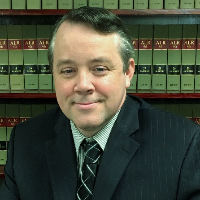Lester Felony Lawyer, Alabama
Sponsored Law Firm
-
 x
x

Click For More Info:
-
The Moore Firm, LLC
917 B Merchants Walk Huntsville, AL 35801» view mapCriminal Defense Law Assertive. Dedicated. Thorough.
The Moore Firm, LLC knows how to interpret Alabama law to your best advantage. Our lawyers are passionate about their work and fearlessly strive for the results you require.
800-899-8050
Not enough matches for Lester Felony lawyer.
Below are all Lester Criminal lawyers.
Harlan D. Mitchell
Criminal, DUI-DWI, Divorce & Family Law, Car Accident, Collection
Status: In Good Standing
FREE CONSULTATION
CONTACTEdward Lynn Alley
Traffic, Domestic Violence & Neglect, Juvenile Law, DUI-DWI
Status: In Good Standing
Richard Patrick Chesnut
Lawsuit & Dispute, Federal Appellate Practice, Government, Criminal
Status: In Good Standing Licensed: 23 Years
Jennifer Halsey Castro
Personal Injury, Family Law, Immigration, Criminal
Status: In Good Standing Licensed: 14 Years
 Shannon Moore Huntsville, AL
Shannon Moore Huntsville, AL Practice AreasExpertise
Practice AreasExpertise
